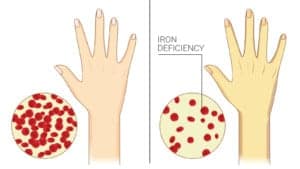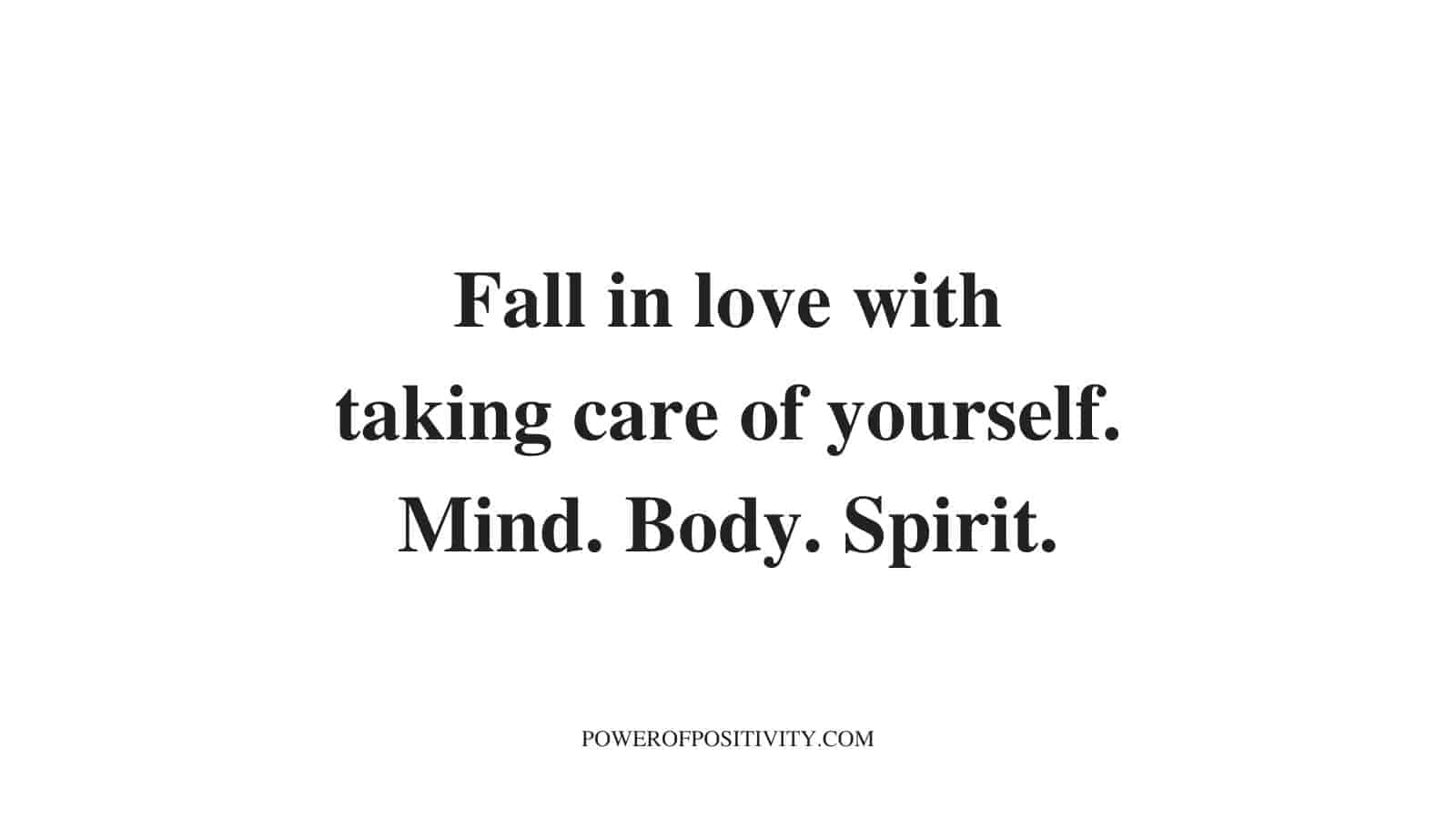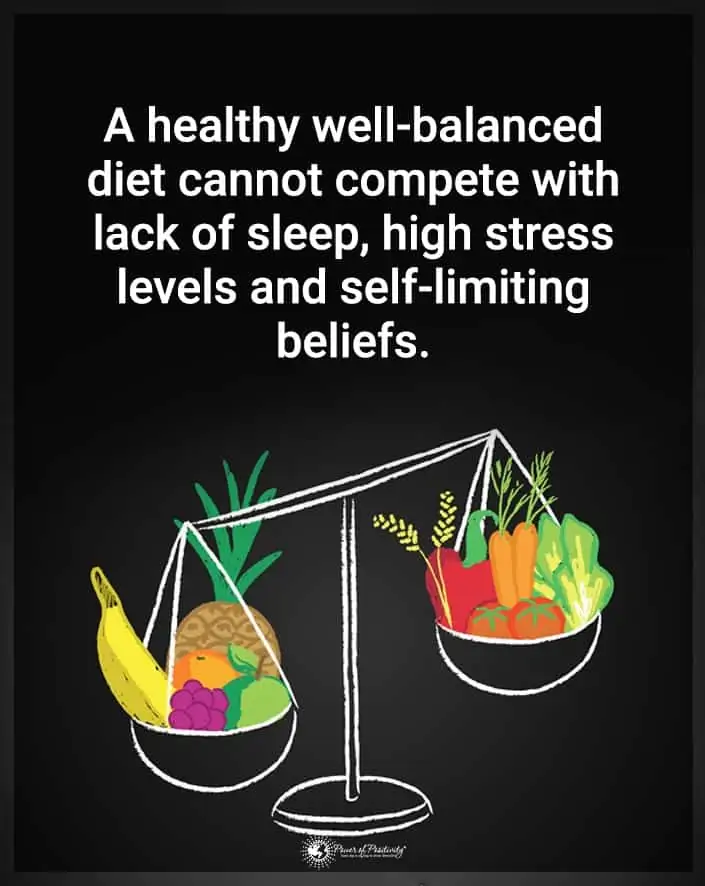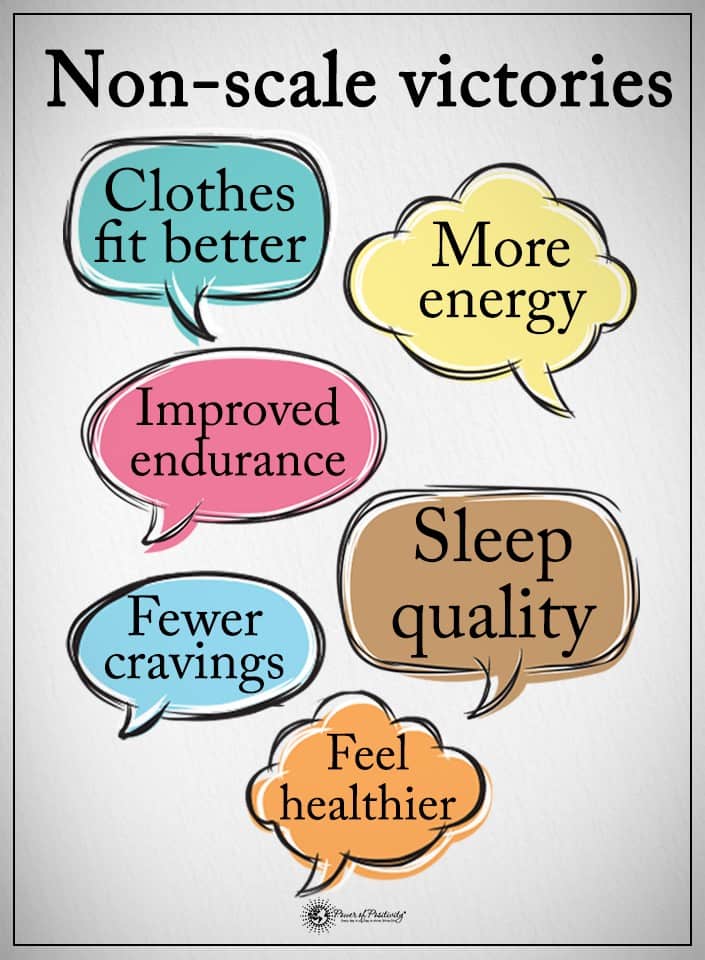Before the advent of modern medicine, ancient cultures used what they had readily available to them out in nature to heal their bodies of various diseases and ailments. They couldn’t go to a pharmacy and pick up anti-anxiety medication or decongestants. Instead, they used their instincts and best judgment to work with plants to heal themselves naturally. Prescription medications might get rid of the problem. But they come with a slew of unwanted side effects that even include death, in some cases.
Not to mention, a study published by the UK-based group Alliance for Natural Health International revealed that you have a 900 times greater chance of dying from food poisoning from taking prescription drugs rather than supplements and a 62,000 times higher chance of dying from adverse reactions to pharmaceutical drugs compared to supplements. Drugs also have a 7,750 times higher chance of killing you than herbal remedies.
Here are 10 plants that work better than pills:
So, with that knowledge in mind, you might want to throw out the prescription painkillers and other medicines you have lying around the house and turn back to nature’s plants for healing instead.
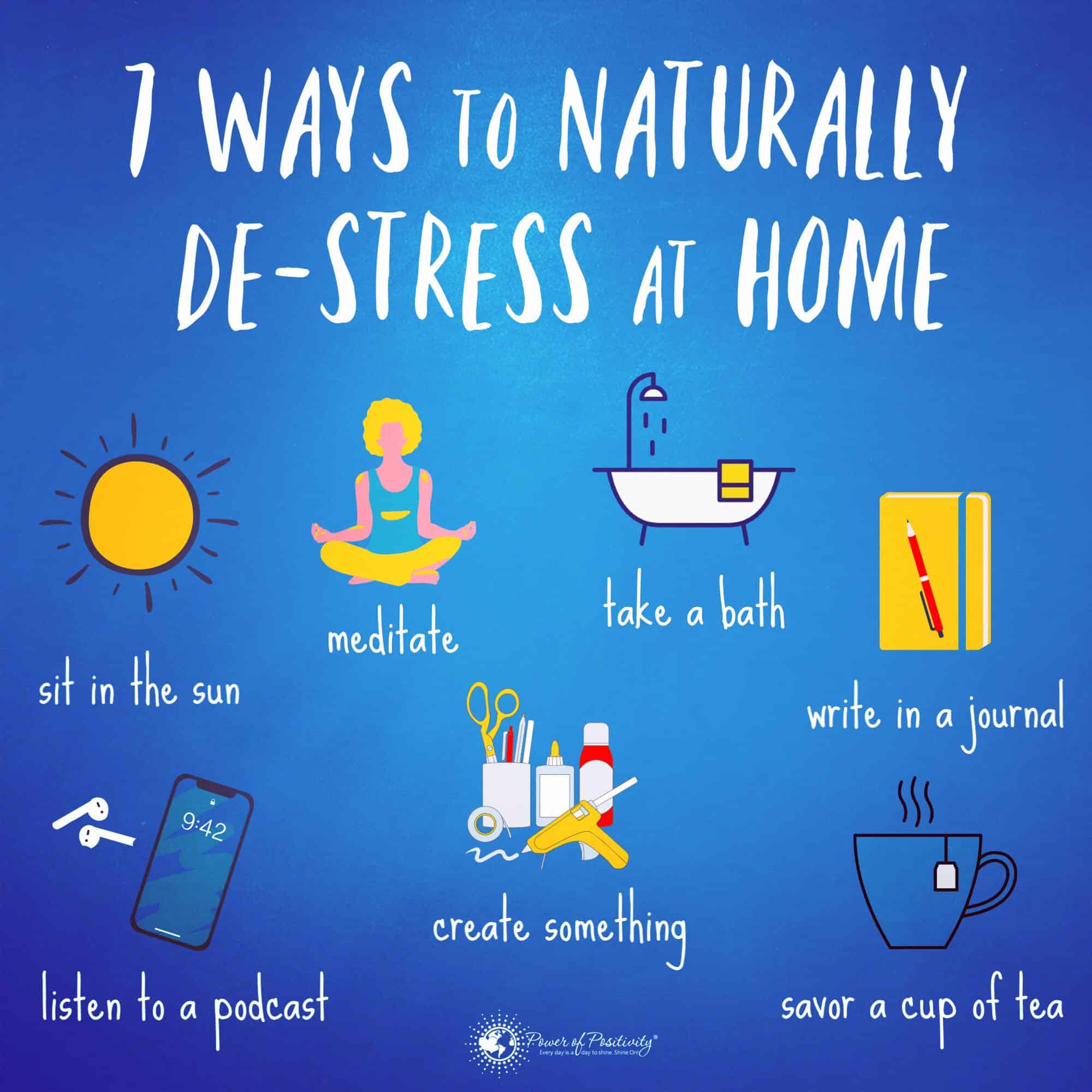 1. Cannabis
1. Cannabis
Medical marijuana can treat and heal many different ailments and disorders, making it one of the most versatile, powerful plants known to man. According to studies, it can treat glaucoma, improve lung health, stop seizures, heal cancer, decrease anxiety, slow down the progression of Alzheimer’s, eases pain, stops muscle spasms, helps people with PTSD, eases arthritis pain, and much more. Other studies have even found that marijuana can help heal broken bones. As you can see, cannabis has the potential to cure people of many different ailments and without the nasty side effects from prescription medications.
2. Cacao
Originally, ancient cultures such as the Aztecs used cacao for medicinal purposes, and they even used it as currency because they considered the seeds highly valuable. The Guna people of northeastern Panama drink cacao up to five times per day and have almost no recorded cases of hypertension. In America and other westernized nations, most people recognize cacao from candy bars. But unfortunately, most candy today contains 10% or less cacao, and most of the ingredients have been heavily processed.
If you want to get the full benefits of cacao, which include everything from lowering blood pressure to preventing cardiovascular disease to reducing stress, make sure to buy either raw, pure cacao powder or buy candy bars that have the highest amount of cacao you can find, with few other added ingredients.
3. Red Yeast Rice
In Chinese culture, people use red yeast rice as both a food and medicine. Red yeast rice contains some of the same properties as prescription statin medications used to lower cholesterol; one of these chemicals is called monacolin K, which has the same chemical properties as the drug Mevacor. Many studies have shown that red yeast rice can effectively lower cholesterol levels and triglycerides in the blood.
4. Ashwagandha Plant
This Indian herb is an adaptogen. This term means that it can help people adapt to their environment and process physical and mental changes better. It can relieve brain fog, reduce stress and anxiety, and increase one’s overall energy levels. Ashwagandha aids in cell replenishment, which means that it can boost vitality.
5. Echinacea
Echinacea contains many compounds that have been proven to boost the immune system and protect against colds and the flu. Some studies have even found that taking echinacea can reduce your chances of contracting a cold by as much as 58%. Echinacea can also treat wounds and heal upper respiratory infections.
6. Turmeric
Turmeric originates from India and contains many antioxidants that can heal the human body. Studies have found that it can fight cancer, stop the formation of free radicals, stop inflammation, prevent heart disease, ease arthritis pain, stop indigestion and heartburn, and even prevent diabetes.
7. Lavender
Lavender is probably best known for its incredible calming effect on the mind; many people use lavender oil to rub on the skin when they feel stressed or anxious. In addition to helping with mental problems, lavender may ease pain all over the body. This herb works wonders for ailments from headaches to sprains to minor burns. Other studies have even found it to be effective in treating digestive issues and fungal infections.
8. Oregano
Oregano, a powerful antimicrobial plant, contains many vitamins and minerals, as well as antioxidants. Studies have found that it can boost immune system health, kill superbugs, reduce inflammation, treat upper respiratory infections, and even fight menstrual pain.
 9. Black Peppermint
9. Black Peppermint
Black peppermint, the most potent form of peppermint, is most commonly used to heal gastrointestinal problems. Still, it can also ease headaches and muscle pains, treat the common cold, and even ward off mosquitoes.
10. Butterbur Plants
Finally, butterbur, found growing in very moist environments, can treat headaches and allergies, break up congestion, eliminate hay fever, reduce anxiety, and even treat insomnia.


